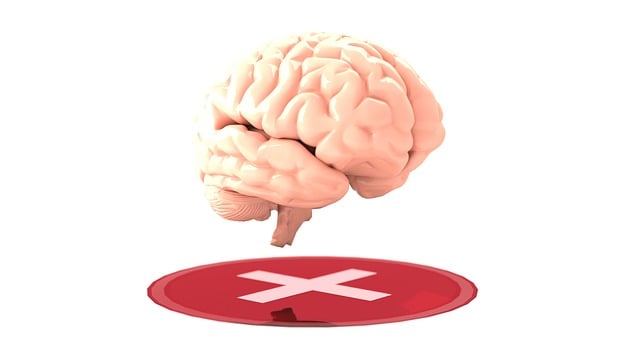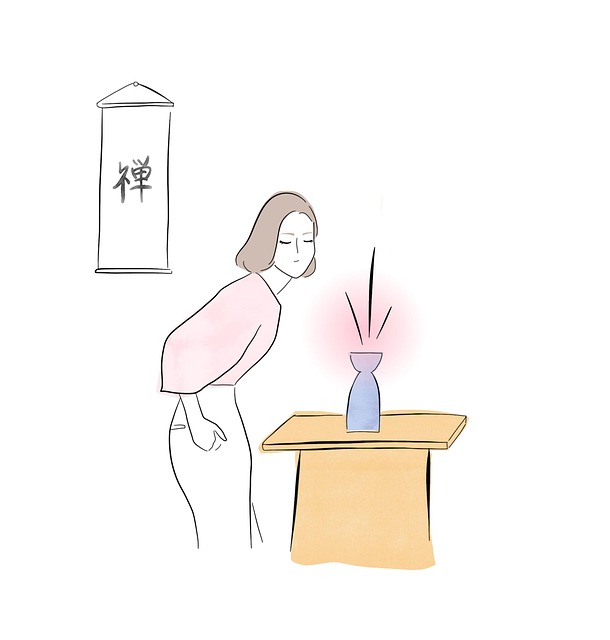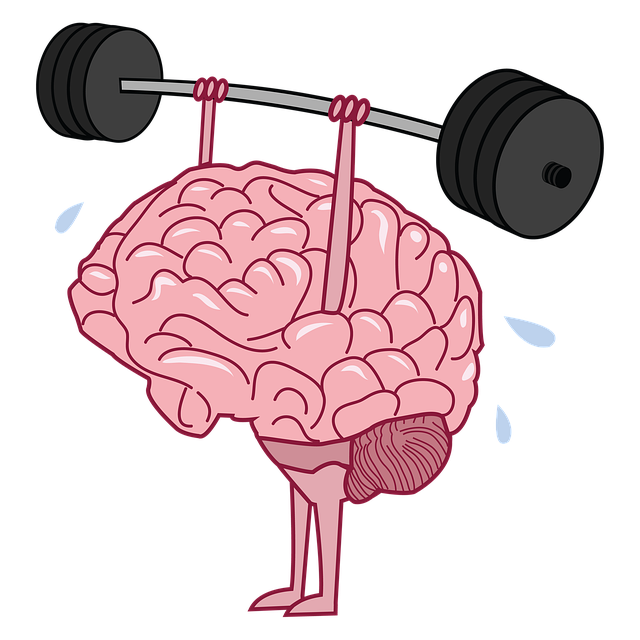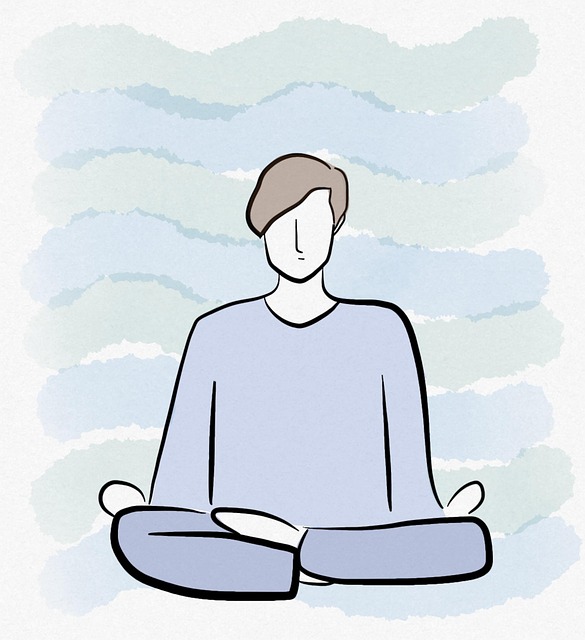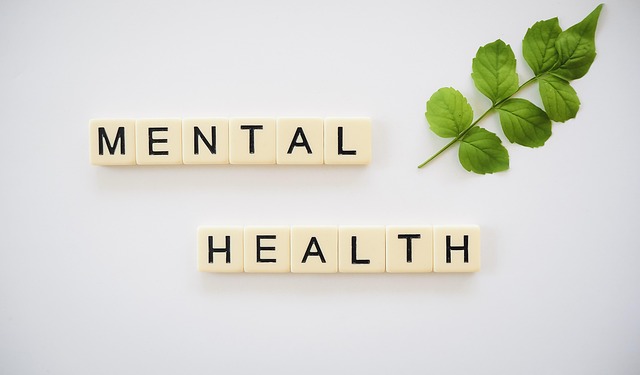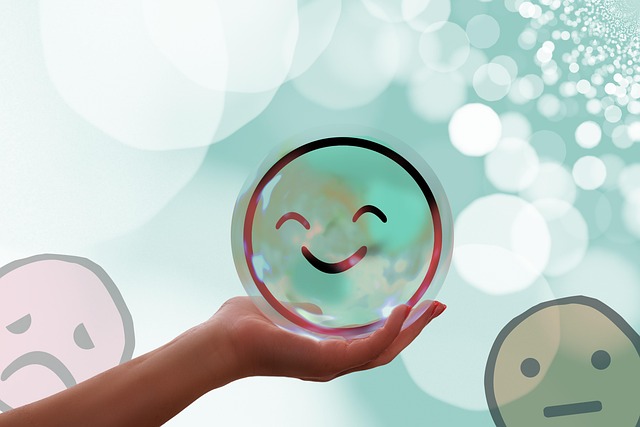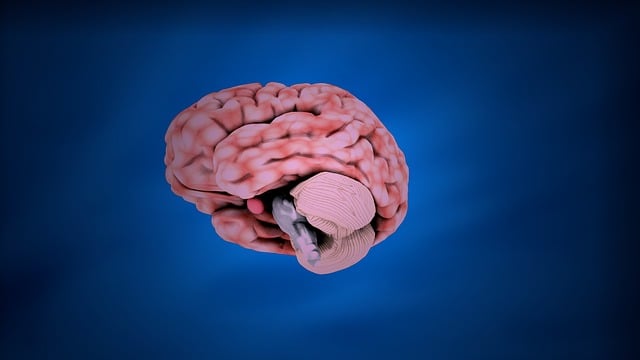In today's digital era, mental health apps tailored for young individuals, particularly those with Attention Deficit Hyperactivity Disorder (ADHD), offer accessible and engaging therapy options. These apps, aligned with evidence-based practices and Mental Health Policy Analysis, enhance traditional therapeutic approaches. Features include empathy-building strategies in design, personalized guidance through coaching programs, and engaging games to improve focus, impulse control, and organizational skills. Incorporating cognitive behavioral therapy (CBT) and ADHD evaluations, these apps address growing mental health concerns among adolescents, promoting mood management and overall wellness while including burnout prevention for healthcare providers. Prioritizing privacy, safety, and parental controls, with compliance under regulations like COPPA, ensures a secure environment. Effective marketing strategies reach parents unaware of these resources, emphasizing convenience and effectiveness in establishing self-care routines, enabling early intervention and empowering children to manage their mental health challenges effectively.
Mental wellness apps offer a promising avenue to improve children’s healthcare, especially for those struggling with conditions like Attention Deficit Disorder (ADD-ADHD). This article explores the development of such apps, focusing on their potential to provide tailored evaluations and interventions. We delve into integrating evidence-based therapies, ensuring privacy, safety, and parental controls, and discuss marketing strategies to make therapy accessible via these innovative tools, particularly for young children with ADD-ADHD.
- Understanding the Need for Mental Wellness Apps in Children's Healthcare
- Targeting ADD-ADHD: Designing Evaluations and Interventions Within the App
- Incorporating Evidence-Based Therapies for Young Minds
- Ensuring Privacy, Safety, and Parental Controls in Child-Directed Apps
- Marketing and Access: Making Therapy Apps Accessible to Young Children and Their Families
Understanding the Need for Mental Wellness Apps in Children's Healthcare

In today’s fast-paced world, addressing mental health concerns in children has become increasingly vital. The integration of technology in healthcare offers a promising avenue through mental wellness apps tailored for young individuals. These applications can provide accessible and engaging therapy options, particularly for managing conditions like Attention Deficit Hyperactivity Disorder (ADHD) and its related ADD symptoms. By offering interactive tools and resources, apps have the potential to enhance traditional therapeutic practices and improve overall mental health outcomes for children.
Mental Health Policy Analysis and Advocacy play a crucial role in ensuring these apps align with evidence-based practices. Empathy Building Strategies can be incorporated into app design to foster better patient-therapist relationships. Additionally, development of Mental Wellness Coaching Programs within these applications could offer personalized guidance, making mental health support more accessible and engaging for young users.
Targeting ADD-ADHD: Designing Evaluations and Interventions Within the App

Developing a mental wellness app that caters to young children with Attention Deficit Disorder (ADD) or Attention Deficit Hyperactivity Disorder (ADHD) requires a thoughtful approach when designing evaluations and interventions. The first step is to integrate comprehensive therapy sessions tailored for this age group, focusing on strategies to improve focus, impulse control, and organizational skills. These can include engaging games and activities that subtly teach essential coping mechanisms.
Evaluations should be playful yet informative, utilizing interactive assessments to gauge the child’s attention span, working memory, and emotional regulation abilities. The app can then offer personalized interventions, such as structured self-care routines designed to enhance mental health. Incorporating features like daily journaling, mindfulness exercises, or even a mental wellness podcast series production tailored for children can significantly contribute to developing self-awareness. Self-awareness exercises play a crucial role in helping young users understand and manage their symptoms more effectively.
Incorporating Evidence-Based Therapies for Young Minds

Incorporating evidence-based therapies into mental wellness apps specifically designed for young minds is a pivotal step in ensuring their effectiveness and safety. Therapies like cognitive behavioral therapy (CBT) have proven successful in treating conditions such as anxiety and depression, which are becoming increasingly prevalent among adolescents. Apps should also integrate strategies for Attention Deficit Hyperactivity Disorder (ADHD) evaluations and management, considering the high rates of co-morbidity with other mental health issues. By drawing on research-backed approaches, these digital tools can offer personalized support tailored to the unique needs of young users, fostering improved mood management and overall mental wellness.
Additionally, incorporating burnout prevention strategies for healthcare providers who oversee these apps is essential. This includes features that encourage self-care and resilience among those working in the field of children’s mental health. A balanced approach that addresses both the needs of the users and the professionals supporting them can lead to more sustainable and positive outcomes in the realm of mental wellness app development, particularly for young minds navigating life’s challenges.
Ensuring Privacy, Safety, and Parental Controls in Child-Directed Apps

In the realm of mental wellness app development, especially when targeting children, prioritizing privacy, safety, and parental controls is paramount. These apps often engage young users in therapy sessions or encourage self-care routine development for better mental health, making it crucial to safeguard sensitive data. Developers must ensure that child-directed platforms comply with strict privacy regulations like COPPA (Children’s Online Privacy Protection Act) to protect minors from online threats and the potential spread of mental illness stigma.
Additionally, integrating features that allow parents or guardians to monitor and control their children’s app usage can foster a supportive environment for therapy, particularly in addressing conditions such as ADD-ADHD. Enhancing emotional intelligence through app-based interventions further underscores the importance of these safeguards, aiming to reduce mental illness stigma while promoting healthy cognitive development in young users.
Marketing and Access: Making Therapy Apps Accessible to Young Children and Their Families

Marketing and access play a pivotal role in ensuring therapy apps are beneficial to young children and their families. With increasing recognition of mental health issues in childhood, such as ADD-ADHD, there’s a growing demand for accessible therapeutic tools. Apps that offer evaluations and tailored interventions can significantly support kids’ inner strength development.
Targeted marketing strategies are essential to reaching parents and caregivers who may not be aware of these resources. By highlighting the convenience and effectiveness of therapy apps, especially in establishing self-care routines for better mental health, many families can now access mood management tools previously limited to traditional therapy settings. This shift promotes early intervention and empowers both children and their parents with valuable skills for navigating mental wellness challenges.
Mental wellness apps have the potential to revolutionize therapy for young children, particularly those with ADD-ADHD. By incorporating evidence-based evaluations and interventions within engaging platforms, these apps can offer accessible and effective support. Ensuring privacy, safety, and parental controls is paramount, while strategic marketing efforts can make these tools more accessible to families in need. With proper development and regulation, mental wellness apps could significantly enhance the availability of much-needed therapy for young minds.

